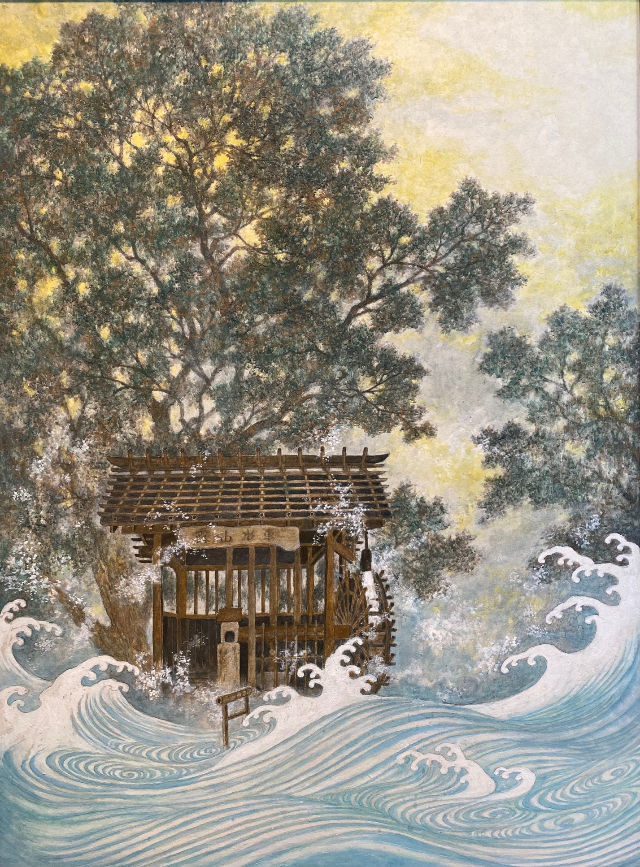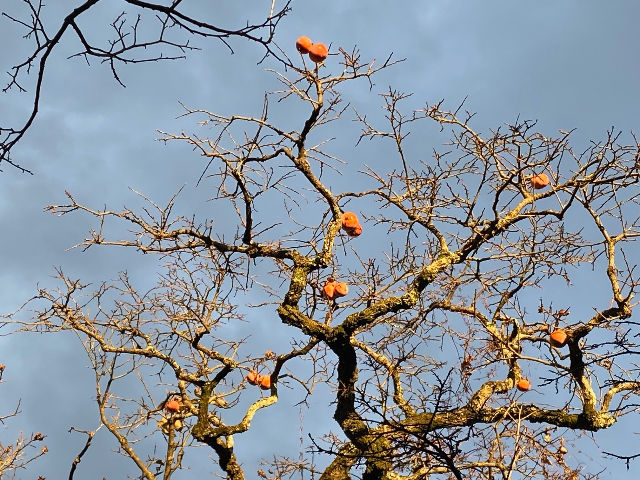END OF YEAR THOUGHTS
- Rebecca Otowa
- Dec 29, 2021
- 5 min read

I started out to write an article about online anger. How I feel when I “weigh in” to arguments on social media; I stay away from politics, religion and controversy, but there are still plenty of chances to weigh in, and plenty of chances to be slapped down, sometimes quite painfully, by perfect strangers. Then I realized I had already treated this in another blog, “What is Sensitivity?”.
I got to thinking about these angry people and those who suffer their anger; those who act out and those who withdraw. It used to be that people identified with the victims, and blamed the perpetrators; then we discovered a thing called “victim blaming”. So who is, actually, to blame? Is it the person who did the action that caused pain, or is it the person who suffered from that action, and perhaps somehow “brought it on themselves”?
Please stay with me here. I know it’s a painful topic.
People who do any kind of action that causes pain – manipulating, taking advantage, using violence, whether mental, physical, or psychological, on others – what is usually their motivation? A need to feel powerful and in control. And what is behind this? Fear that they are not powerful or in control enough, and jealousy that others seem to have this managed better than they do. These needs, fears, and jealousies – do we not all have them, as human beings? These people are acting out and other people are hurt because of this. There is no denying that in this world of humanity, there are bullies and victims.
Bullies aren’t stronger or happier because they exert power over others. They may think they are, for the moment, but usually it collapses and the need to bully creeps back, as we are told serial killers or abusers feel – the need to do it comes back. And the bullied, the victims of the others, certainly aren’t happier, and in some cases, it also seems as if the need to be a victim comes back. Looked at in the long run, what it feels like to me is that on a deeper level there isn’t simply one person who is acting badly and another person who is a victim. It’s a continuously moving dynamic, an energy that is, unfortunately, part of all of us. If we are continuously victimized, we may start to feel anger and a need to act out ourselves. Or we may end up feeling superior to the bulliers, and is that progress?
The bottom line is, “they are doing it to me, I’m suffering the consequences of their actions,” or the opposite, “I’m doing it to them in order to alleviate or transfer my own suffering”. There is always suffering. To blame one side or the other is to get hold of the wrong end of the stick, to judge things on the surface instead of trying to understand the whole dynamic. Some people have it good, they have been given enough of everything they need, including love, to grow up and become functioning human beings. Others don’t get these things, and what usually happens is that these people are stuck in their childhoods, playing and replaying the injustices and pain of being a child who can’t get what they need. To blame these people for the fears and suffering that caused them to develop defensive behaviors as children, and carried these into adulthood, isn’t that unfair? And it’s equally unfair to think that the “victims” who suffer and then continue to suffer by replaying it, are to blame. The processing to take oneself out, even for a moment, of this vicious circle requires a lot of soul-searching and maturity. Most people don’t want to do that kind of work on themselves, it’s too hard and painful.
I think we need to see this for what it is, both bulliers and victims: As an attempt to defend ourselves against suffering and pain, which is an intrinsic and biological imperative of our physical bodies. Most of us were children when we experienced this suffering, without much knowledge of the world or other people. We didn’t know about the relationship between ourselves and the person inflicting the pain, we only know that it hurt and we must make the hurt stop by putting up defenses. We grow up feeding this pain with memory, and it prevents us from seeing that perhaps the defenses are no longer as necessary as when we were small.
The real mistake, as I see it, is when we try to separate people, to put them into boxes, and to distance them from ourselves, by giving them labels – “bully”, “victim”, or any of the other ones we use – forgive me if I don’t list them, I don’t want to get into any hot water here. The point is that it’s the feeling of separation that causes the pain. In the Bible, it talks about the person who feels superior, “I thank Thee, Lord, that I am not as other men are.” We think we could never behave like those other bad people. And we feel superior to them because of it. This is another source of pain, if we could see it that way. Separation always causes pain.
People are different, but in some fundamental ways they are also the same. The energy of transferring power, control, and pain goes around and comes around. A person who was several abused in childhood and becomes a serial killer – is the blame his own, or is it his abusers’, or does it go even farther back? Do we even need to “assign blame”? That, unfortunately, is one of the pillars of society, that some people are “bad” and need to be restrained or punished for the good of “everyone else”. But when push comes to shove, which of us could say unequivocally that we would never act as they did, if we had the same kind of provocation?
What we can only say with confidence (this is my own opinion) is that some people are more evolved than others. Instead of acting out and flailing around with their fists when they feel pain or injustice, some people go within and try to understand that feeling, where it comes from and whether there are other ways of dealing with it. The differences between people come down to how much experience of being human they have, and how they use that experience. There is no reason to feel superior or inferior. We are all on the same road, some are further along and some are in the back. We’ll all get there. Meanwhile, true kindness and compassion, not knee-jerk judgment and anger, are necessary for everyone. In the words of a Stephen King character, “Nobody ever gets enough safety.”
I wish that everyone, whether they give in to impulses to hurt or whether they suffer the consequences of such actions, may get enough safety. Also understanding of what is inside ourselves and that it isn’t any different from what is inside others. These things will promote growth for everyone, not just ourselves. I wish everyone the courage to take a step back from blame and knee-jerk defensiveness, and to feel, maybe not 24/7 but sometimes, their oneness with all humanity. That is the real “good will toward men”.
Happy 2022 to all.



Great site in many ways, Diane. Your paintings are beautiful and I had a favorite up near the top, a landscape with beautiful trees on both sides of ... a pond? Anyway, I most enjoyed "End of year thoughts" as pertaining to bullies and victims. And going into it I had read just earlier about how being creative and playful and spontaneous are the true gifts of life. Indeed. I have two older brothers and a younger sister and my oldest brother is deep into internet trutherism as the best i can describe it. He popped back in my life several months ago with the same challenge, "Do you still believe mainstream media?" This put me in a bad place…